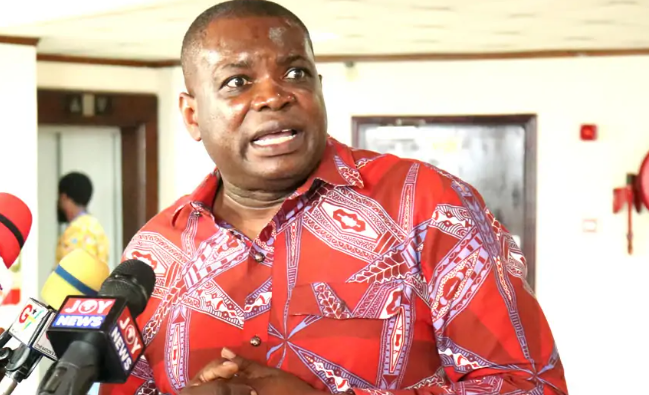The Ministry of Roads and Highways in Ghana has embarked on a crucial validation exercise to determine the precise amount owed to road contractors, a figure currently estimated at a staggering GH₵40 billion. This initiative, spearheaded by the sector minister, Kwame Governs Agbodza, involves a collaborative effort between the ministry, the Department of Urban Roads, the Department of Feeder Roads, the Ghana Highways Authority, and the Road Fund. The primary objective is to compile comprehensive data on all outstanding Interim Payment Certificates (IPCs) within the system. This meticulous process aims to provide a clear picture of the government’s financial obligations within the road sector, paving the way for informed policy decisions that will ensure sustainable infrastructure development. The minister emphasized the importance of transparency and collaboration with all stakeholders, including contractors, ministry staff, and consultants, to effectively address the debt situation and create a framework for sustainable project financing in the future.
The validation exercise is not merely an accounting exercise; it represents a significant step towards addressing systemic challenges within Ghana’s road sector. Mr. Agbodza acknowledges the existing estimate of GH₵40 billion in outstanding payments but stresses the need for verification. His approach underscores a commitment to fiscal responsibility and a desire to understand the true extent of the government’s financial burden. The minister’s engagement with contractors signifies a recognition of the vital role they play in the country’s infrastructure development. By fostering open communication and collaborative problem-solving, the government aims to build trust and create a more sustainable partnership with the private sector. This collaborative spirit is essential for navigating the complex financial landscape of the road sector and ensuring that projects are delivered efficiently and effectively.
The minister’s engagement with contractors also highlighted critical issues affecting the sector, including the uncapping of the Road Fund, managing debt sustainability, optimizing resource allocation, negotiating interest payments on delayed disbursements, and the potential reintroduction of road tolls as a revenue generation mechanism. These discussions reflect a broader effort to address the financial constraints that have hampered road development in Ghana. The exploration of various funding options, including the reintroduction of tolls, demonstrates a proactive approach to securing sustainable financing for critical infrastructure projects. Mr. Agbodza’s emphasis on a national dialogue on road funding underscores the government’s commitment to finding long-term solutions that align with the country’s development goals.
A key challenge highlighted by the minister is the significant disparity between public expectations for improved road infrastructure and the actual financial resources allocated to the Roads and Highways Ministry by successive governments. This mismatch has created a bottleneck in project implementation and contributed to the accumulation of debt. Mr. Agbodza used the example of a proposed budget of GH₵16 billion being drastically reduced to GH₵3 billion, illustrating the stark reality of limited resources and the subsequent constraints on project execution. This discrepancy underscores the need for a comprehensive review of funding mechanisms and a prioritization of projects based on available resources and national development priorities. The minister’s call for a national dialogue is a crucial step towards addressing this fundamental challenge and finding sustainable solutions for road financing.
The contractors present at the meeting expressed concerns regarding persistent issues such as delayed payments, bureaucratic obstacles, and escalating construction material costs. These concerns reflect the challenges faced by the private sector in delivering crucial infrastructure projects and underscore the need for a more streamlined and supportive operating environment. Despite these challenges, the contractors welcomed the minister’s proactive engagement and his commitment to fostering a more collaborative relationship with the private sector. This positive response indicates a willingness to work together to find solutions and improve the efficiency and effectiveness of road development projects.
The government’s renewed focus on road development is not merely about infrastructure; it represents a broader commitment to improving living standards and fostering economic growth across the country. Improved road networks facilitate trade, connect communities, and provide access to essential services. By addressing the challenges within the road sector and ensuring sustainable financing for projects, the government aims to unlock the potential for economic development and improve the quality of life for all Ghanaians. Mr. Agbodza’s disclosure of the GH¢135 billion debt inherited from the previous administration, including details on its composition, further underscores the magnitude of the challenge and the importance of the current validation exercise. This transparency is crucial for building public trust and fostering a shared understanding of the steps needed to address the debt and create a sustainable path for future road development.


